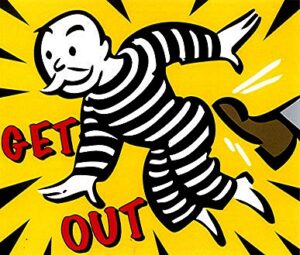
I am frequently asked about the removal of an Executor that beneficiaries complain about and the following briefly summarizes when and if the court will act to remove and replace an executor.
Lord Blackburn stated in Letterstedt v. Broers (1884), [1881-85] All E.R. Rep. 882 (South Africa P.C.), at 887 (a case cited consistently by courts in this province) that the court’s “main guide must be the welfare of the beneficiaries”. At paragraphs 10-16 of Fleming v. Fleming, 2006 NLTD 112 (N.L. T.D.), Green, J. discussed the legal principles relating to removal of an executor:
(a) the removal of a trustee or executor will not be lightly undertaken;
(b) the court has to be satisfied that it is in the interests of the beneficiaries generally that removal should occur;
(c) if it is clear that the continuance of the trustee or executor in office would be detrimental to the execution of the trusts or the administration of the Estate, the court may remove him or her;
(d) positive misconduct amounting to abuse of trust; endangerment of the Estate or trust property; want of honesty or reasonable fidelity; lack of proper capacity or ability to execute the duties of office; and conflict of interest can justify removal;
(e) friction or hostility between the executor and one or more of the beneficiaries will not normally be enough, in itself, to ground the removal, nor will mere suspicions that the executor will favour one beneficiary over another;
(f) an isolated mistake or a technical breach of trust may not be enough, if done in good faith with the best interests of the beneficiaries in mind; and
(g) consistent administration of the Estate in a manner than does not maintain an even hand between beneficiaries will often be enough to justify removal.
9 The court has an inherent power to effect removal if the executor is in a conflict of interest. A conflict of interest occurs whenever the personal interest of the personal representative conflicts with the interests of others for whom he or she has a duty to act. This is a potential issue here because the executor is a creditor to the Estate relating to legal services rendered prior to the testator’s death. To address whether the conflict is such as to disqualify the executor, one must examine if the executor has placed himself in a position where his personal interest and his duty conflicted conflict, such that he could no longer be impartial vis-a -vis the beneficiaries




